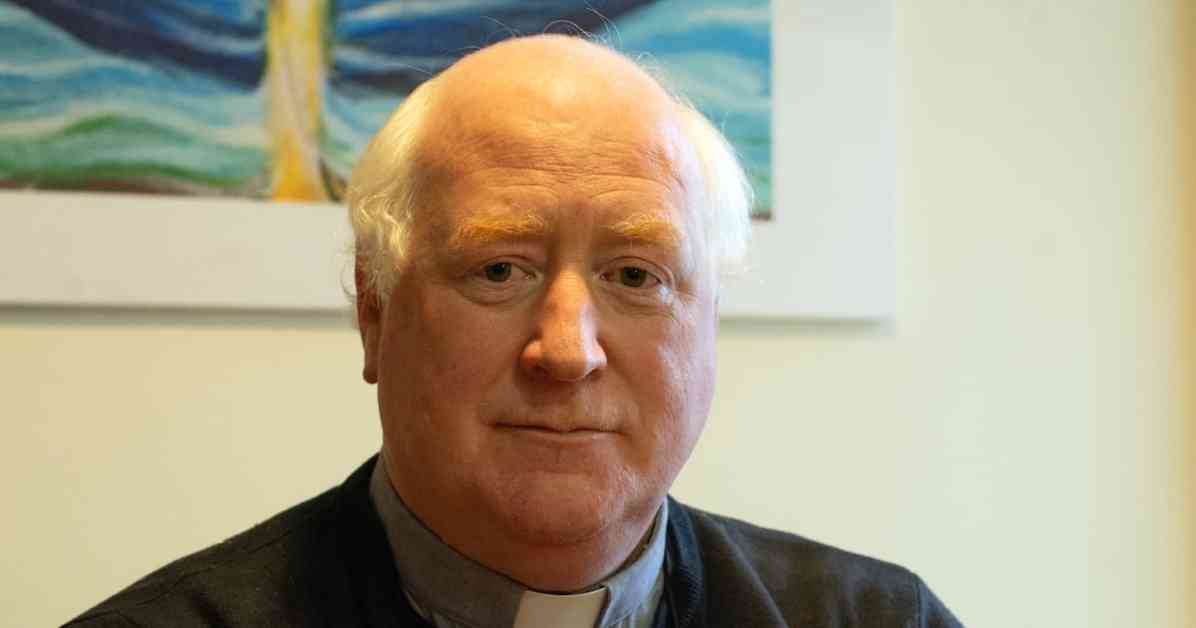The Jesuits, a religious congregation, recently made headlines with the revelation that 15 of their deceased members were likely child abusers. This news came on the heels of previous disclosures about individuals like Fr Joseph Marmion, Fr Paul Andrews, and Fr Dermot Casey, who were named as abusers by the congregation in recent years. The Jesuits have undertaken the challenging task of reviewing the files of 37 deceased members who faced abuse allegations over the past seven decades. While they emphasize the need for more evidence, they are not questioning the credibility of those who have come forward with allegations of abuse.
Unveiling a Troubling Pattern
These recent revelations align with a troubling pattern observed in various religious institutions when it comes to addressing accusations of child abuse. The primary focus has often been on avoiding scandal and preserving the reputation and assets of the institution and its key members, such as priests. This approach was highlighted in the findings of the Murphy Commission’s 2009 report on clerical child sex abuse allegations within the Dublin Archdiocese. The Jesuits, along with other religious organizations like the broader Catholic Church and the Church of England, have grappled with similar challenges in addressing historical abuse cases.
A New Approach with Far-Reaching Implications
Contrary to the norm, the Jesuits have taken a proactive stance by publicly naming suspected child abusers from within their ranks. This bold move sets them apart from other religious congregations in Ireland. The catalyst for this shift in strategy appears to be the appointment of their new provincial, Fr. Shane Daly, in February 2023. Ordained just a decade ago, Fr. Daly represents a new generation of leadership within the Jesuit Order, bringing a fresh perspective to the handling of sensitive issues like historical abuse allegations. In February of the previous year, Fr. Daly established an independent working group tasked with determining the criteria for publicly identifying deceased Jesuits accused of child sexual abuse. Led by retired Supreme Court judge John MacMenamin, the group also includes psychotherapist/psychologist Dr. Rosaleen McElvaney and social work adviser Paul Harrison.
Contrary to the norm, the Jesuits have taken a proactive stance by publicly naming suspected child abusers from within their ranks. This bold move sets them apart from other religious congregations in Ireland. The catalyst for this shift in strategy appears to be the appointment of their new provincial, Fr. Shane Daly, in February 2023. Ordained just a decade ago, Fr. Daly represents a new generation of leadership within the Jesuit Order, bringing a fresh perspective to the handling of sensitive issues like historical abuse allegations. In February of the previous year, Fr. Daly established an independent working group tasked with determining the criteria for publicly identifying deceased Jesuits accused of child sexual abuse. Led by retired Supreme Court judge John MacMenamin, the group also includes psychotherapist/psychologist Dr. Rosaleen McElvaney and social work adviser Paul Harrison.
The group meticulously evaluated the files of 37 deceased Jesuits, considering factors such as the nature of allegations, the number of complainants, reports to external agencies, contemporary concerns, witness statements, and admissions of guilt. Each member of the working group independently reviewed and assessed the files before collectively agreeing on the names to be disclosed. Following their comprehensive analysis, the group identified 14 deceased individuals as potential abusers, with the Jesuits themselves adding another name to the list.
This thorough and transparent approach underscores the Jesuits’ commitment to addressing the dark legacy of abuse within their ranks and prioritizing the welfare of survivors. By navigating this complex terrain with integrity and accountability, the Jesuits are setting a precedent for how religious institutions can confront past wrongs and strive for a more just and compassionate future.












